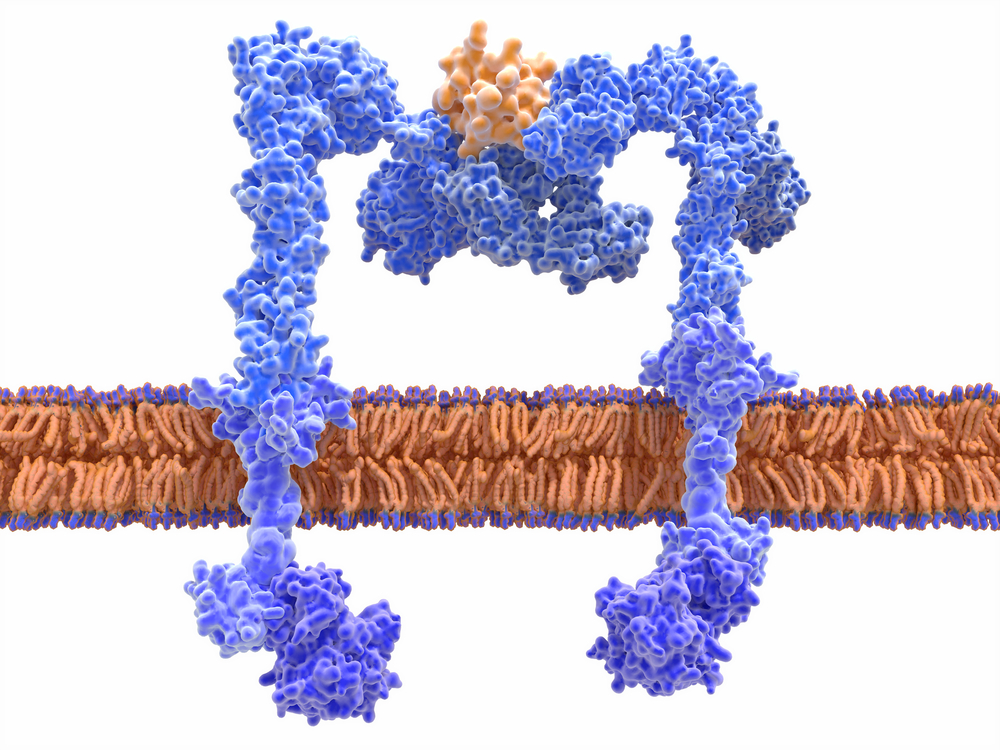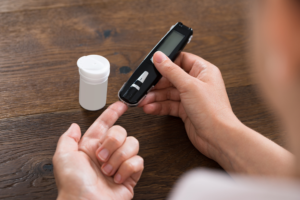
How Often Should You Drink Chocolate Whey Protein Shakes?
If you don’t get enough protein in your diet, you might feel sluggish and fatigued, and you’re unlikely to reach your weight loss or exercise

A healthy A1C level is vital to maintain a healthy body. Your A1C levels can help you predict if you are at risk for diabetes or other blood-sugar related diseases. You may have heard your doctor mention your A1C when discussing your blood work, but what exactly is it, and how can you get to healthy levels?
A1C specifically measures the percentage of your red blood cells, or hemoglobin, that are coated with sugar. The level can accurately reflect your blood sugar level from the past two or three months. The higher the sugar content in your blood, the higher your A1C levels will be. A1C levels are recorded as a percentage. The normal range for A1C is below 5.7%.
Because A1C levels can measure your blood sugar, this is an especially important test for those with diabetes or pre-diabetes. If your A1C is above 5.7 but below 6.4, you may have pre-diabetes. This means you are at a higher risk of developing diabetes. If you have tested at 6.5% or higher on two different occasions, this means you have diabetes. Any levels higher than 8% indicate your A1C is out of control and raises your risks for complications.
Knowing your sugar levels is very important if you have diabetes or even pre-diabetes. Your primary care physician may suggest testing you on a semi-regular basis to help you keep your numbers in check.
Uncontrolled high blood sugar can cause many problems. If your high A1C goes unaddressed for too long, it can cause kidney damage, nerve damage, skin problems, heart attack, and even strokes. It can also make you more at risk for other diseases and viruses. Some people with severe diabetes have even lost limbs, so keeping blood sugar under control is one of the most important ways to stay healthy.
There are a few ways to help your A1C get back to healthy levels. You should begin by making a plan with your primary care doctor. This may include improving your diet, increasing your exercise, and having regular appointments. For your diet, eat a balanced diet with plenty of healthy fats and proteins with fresh fruit and vegetables. Cut out processed food, carbohydrates, and sugar as much as possible.
Supplements can also help you heal your body from the inside out. Supplements can give your body back the nutrients it needs to begin healing any damage high blood sugar has caused and give you the support you need to keep blood sugar under control.
If you have a high A1C, you need to address it quickly, but there are things you can do. Many people learn to keep their A1C well-controlled and even bring it to normal levels. If you are looking for a supplement to help you heal naturally, check out Panacea Scientific today for Glucose Control 7 Ways 6.4 and get your blood sugar under control.

If you don’t get enough protein in your diet, you might feel sluggish and fatigued, and you’re unlikely to reach your weight loss or exercise

Phytonutrients, otherwise known as phytochemicals, are beneficial compounds found naturally in plants. There are over 25,000 phytochemicals that have been identified in nature. Today, we’re

Whether you’re managing diabetes or you’re looking to make lasting lifestyle changes, balancing your blood sugar levels will help you lead a better life. And

Payment types accepted:
Visa/MC/Discover/ American Express
© Copyright Panacea Scientific 2020. All rights reserved. | Website by Infinite Web Designs